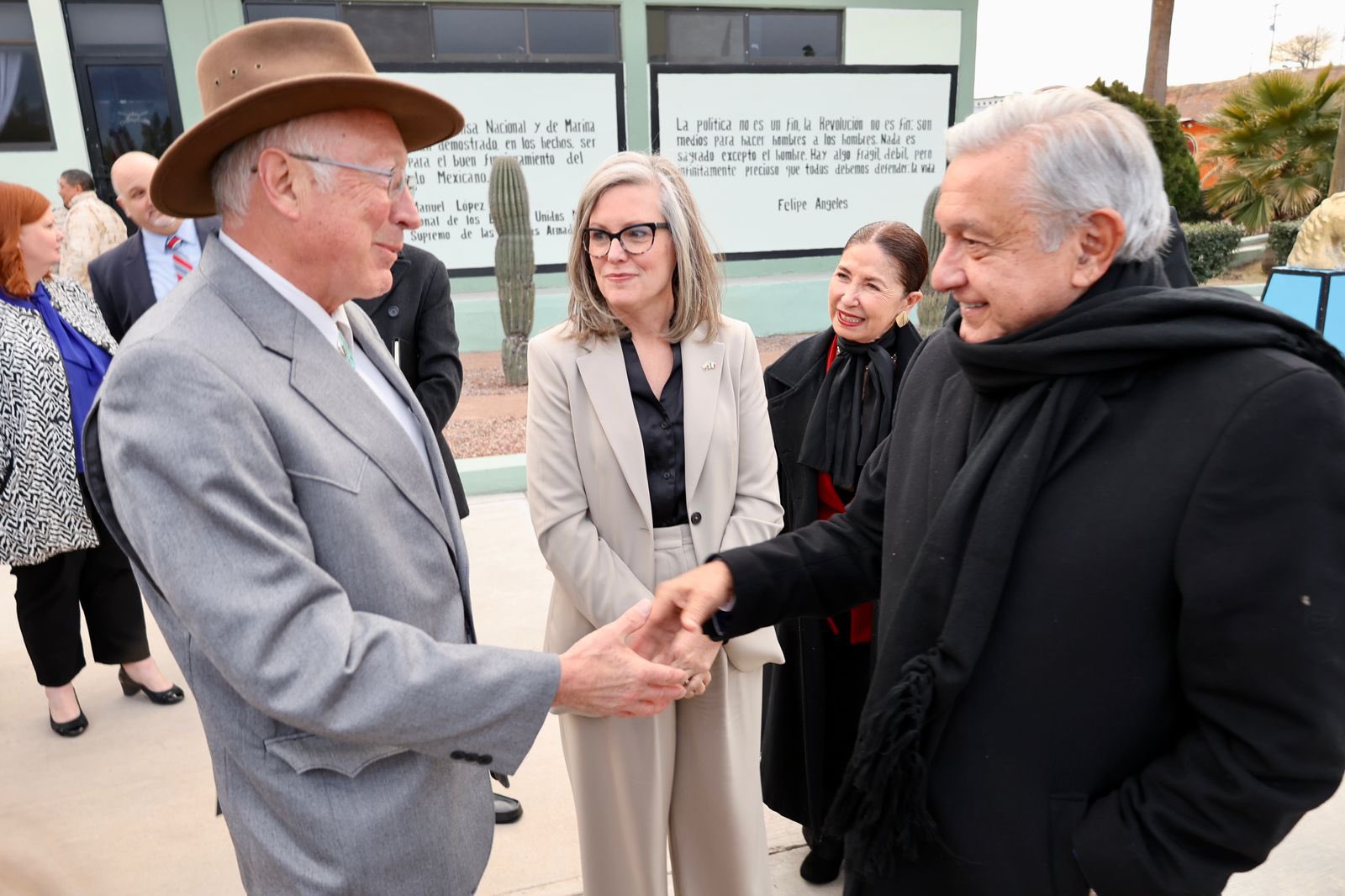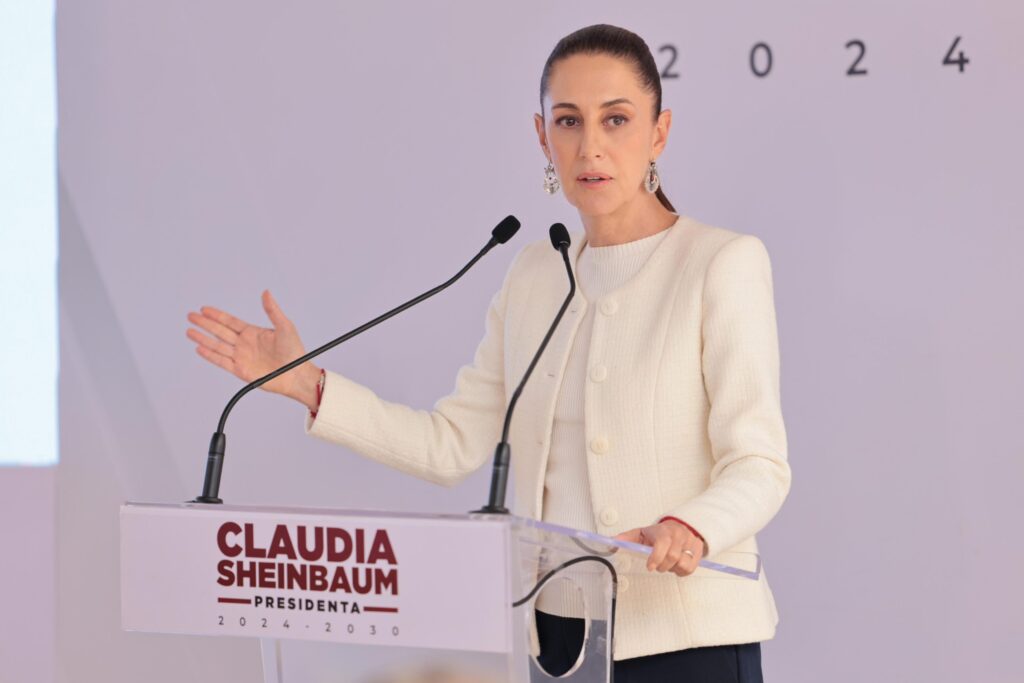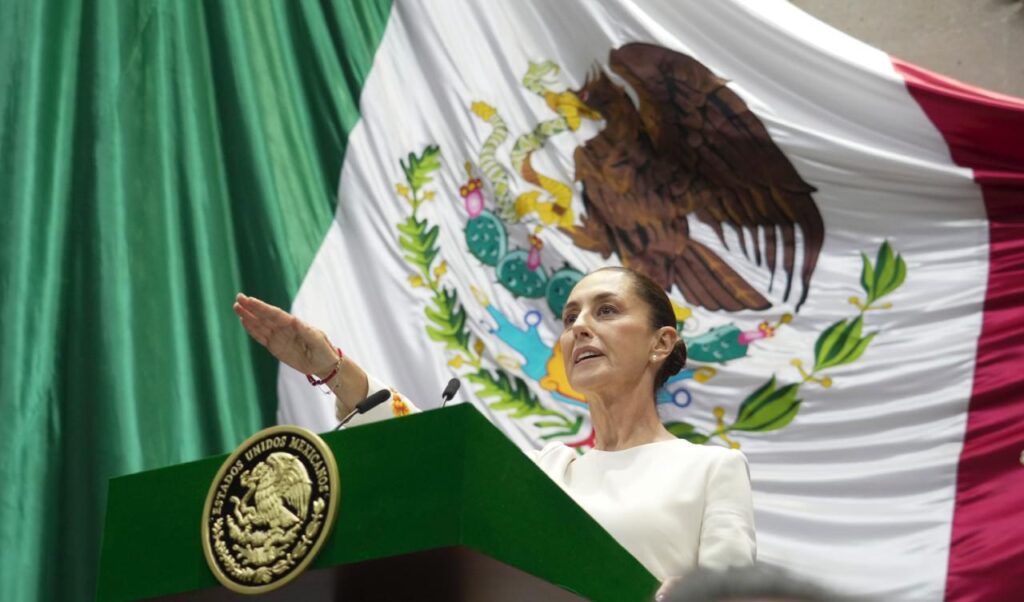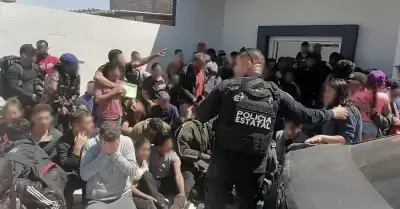Mexico City, Mexico – Mexico’s President Andrés Manuel López Obrador on Tuesday announced an indefinite ‘pause’ with the embassies of Canada and the United States. The move was a fiery response to the criticisms made by both diplomatic envoys against López Obrador’s controversial judiciary reform, which some labeled a threat to Mexican democracy.
The Mexican president, also known by his initials AMLO, branded the North American ambassadors’ remarks an attack on Mexico’s sovereignty and denounced what he called an interventionist policy.
“As long as that is not in place and they continue with that policy, there will be a pause. With the Embassy,” said AMLO during his morning briefing on Tuesday. “They need to learn to respect Mexico’s sovereignty; it’s not a trivial matter. We will not advise them on right or wrong, so we want them to be respectful.”
The constitutional reform would elect judges and magistrates at the federal level by popular vote. Pushed by the president, this ambitious bill is expected to be fast-tracked by a majority of the ruling party, Morena, which controls the Mexican Congress.
The reform has raised concern and rejection within Mexican society and its institutions. Since August 21, judges and magistrates have joined more than 55,000 judicial workers in protest and gone on strike, shutting down courts and tribunals in Mexico.
Moreover, U.S. Ambassador Ken Salazar and Canadian Ambassador Graeme C. Clark weighed in on the upcoming reform, expressing concerns regarding the risk it could entail for Mexican democracy and investment climate.
Namely, both representatives for Mexico’s largest trading partners commented that by electing Justices through popular vote, Mexico’s Judiciary could be left vulnerable to corruption and cause mistrust amongst investors who might fear possible legal disputes could favor the ruling party.
Likewise, the American Chamber of Commerce of Mexico (AmCham) and the Canadian Chamber of Commerce in Mexico (CanCham) issued individual statements criticizing the reform and its impact on trade and investment.
While both ambassadors have underscored that their opinions are not meant to be taken as an attempt to intervene in Mexican internal processes, López Obrador said the pause on diplomatic relations would go on, however, only against the embassies and the ambassadors and not the governments they represent.
“The relationship with the governments continues, with Canada and the United States, it is only with the embassies and especially with the ambassadors of Canada and the United States because it is not up to them to give their opinion,” he said.








